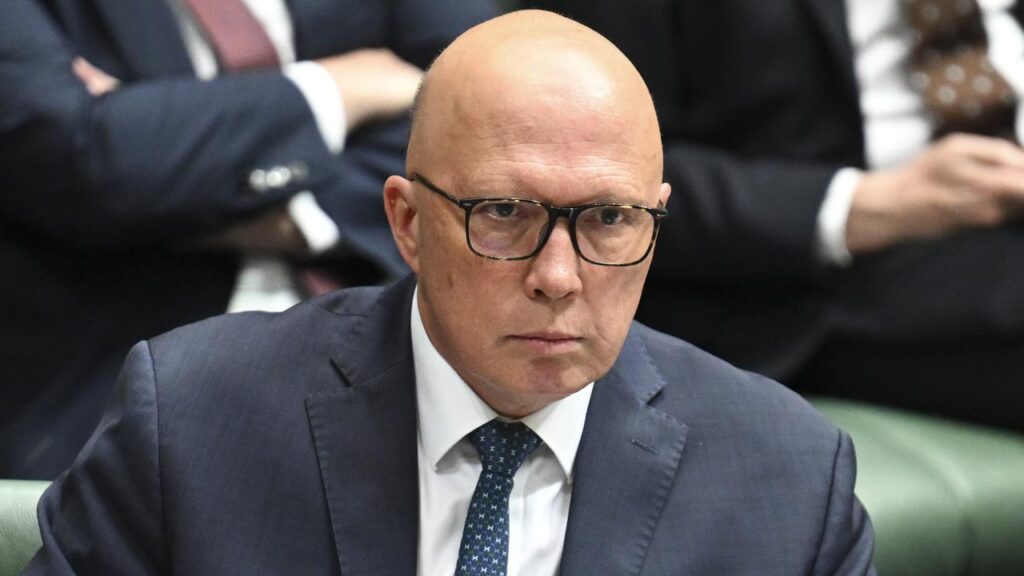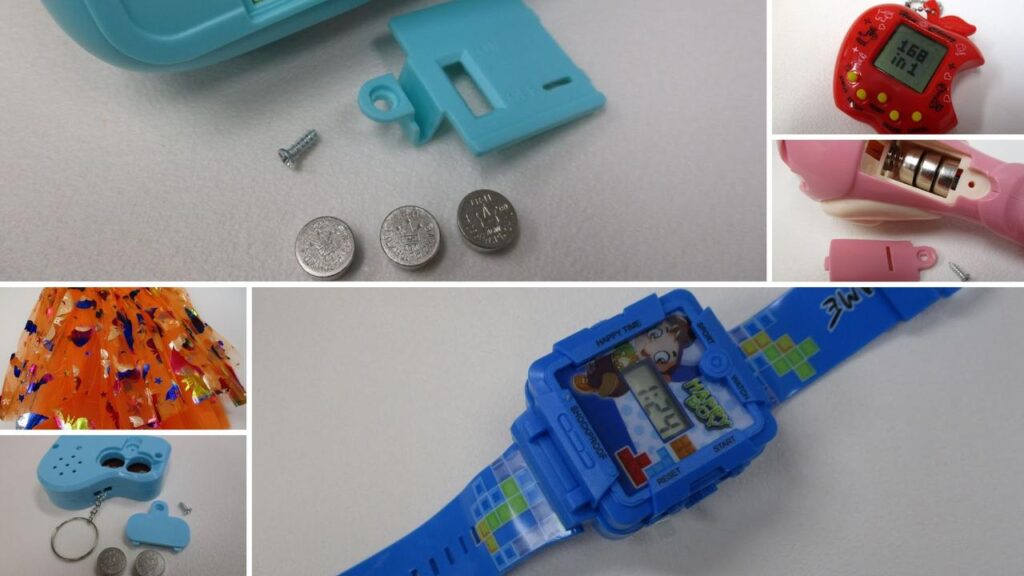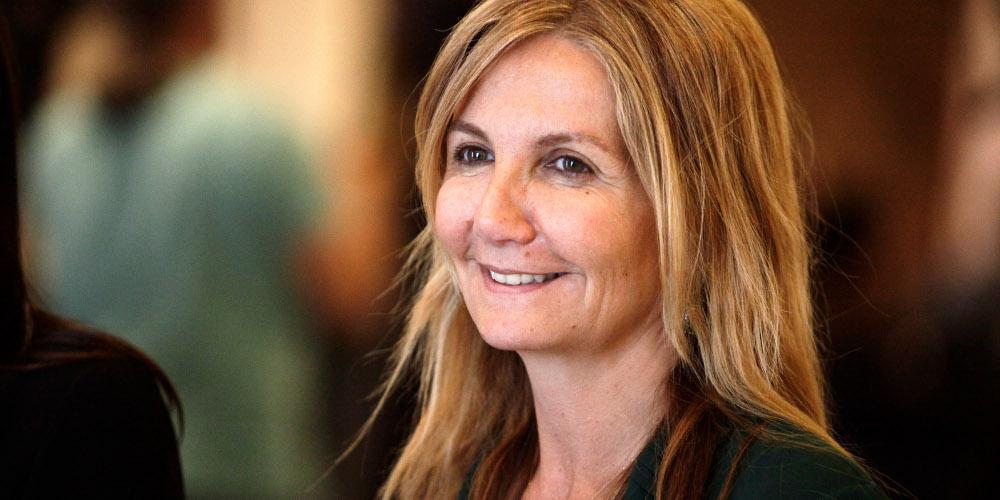ACCC gets extra funding to tackle excessive card surcharges
Written by admin on October 15, 2024
The federal government is giving the consumer watchdog additional funding to clamp down on excessive purchase surcharges.
The Prime Minister and Treasurer say they are prepared to ban debit card surcharges from January 1, 2026, subject to the design of “safeguards” and work from the Reserve Bank.
“Consumers shouldn’t be punished for using cards or digital payments, and at the same time, small businesses shouldn’t have to pay hefty fees just to get paid themselves,” Treasurer Jim Chalmers said.
The government has announced it was directing an extra $2.1m to the Australian Competition and Consumer Commission (ACCC) to analyse excessive surcharges and report back while the RBA reviews the complicated surcharge ecosystem.
Legally a business has to include the surcharge in the display price if does not offer a way to pay without the surcharge, ACCC rules state. So if a cafe charges $5 for a coffee but does not accept cash, it can be fined for not properly advertising the coffee to include the surcharge amount.
Businesses have the right to pass on the extra fee they incur for processing a customer’s payment, but they cannot make a profit from it.
An ongoing RBA review is assessing what costs small businesses face when processing payments. This additional ACCC funding is looking at where excessive surcharges are being applied.
“This is all about getting a better deal for consumers, reducing costs for small businesses and promoting a more competitive payments system,” Treasurer Jim Chalmers said.
“We’re prepared to ban debit card surcharges, subject to further work by the Reserve Bank and safeguards to ensure small businesses and consumers can both benefit from
lower costs.”
The Reserve Bank has calculated Australians paid $960m in surcharges last year.
The UK and the European Union have banned card surcharges.
Large businesses typically do not pass on the surcharge, but smaller businesses have finer margins.
Anthony Albanese said this was “another step to protect Australians” struggling with the cost of living.
“That’s why we have announced this additional funding for the ACCC while we wait for further work by the Reserve Bank of Australia,” Mr Albanese said.
In Australia most consumers can actually save money by inserting or swiping their debit card so the payment is processed on the cheaper eftpos network, rather than tapping and copping the more expensive MasterCard or Visa fee.
Eftpos transactions cost a business on average 0.3 per cent (30 cents in every $100), versus 0.5 to 1 per cent on Visa or MasterCard debit.
The banks and payment service providers charge businesses different flat rates. Renting the actual payment machines comes into the mix for those payment service providers too.
Financial Services Minister Stephen Jones said cracking down on surcharges would give small businesses and consumers “a fairer go”.
“The surcharges pile up and punch a big hole in the wallets of customers and the takings of small businesses owners.”







